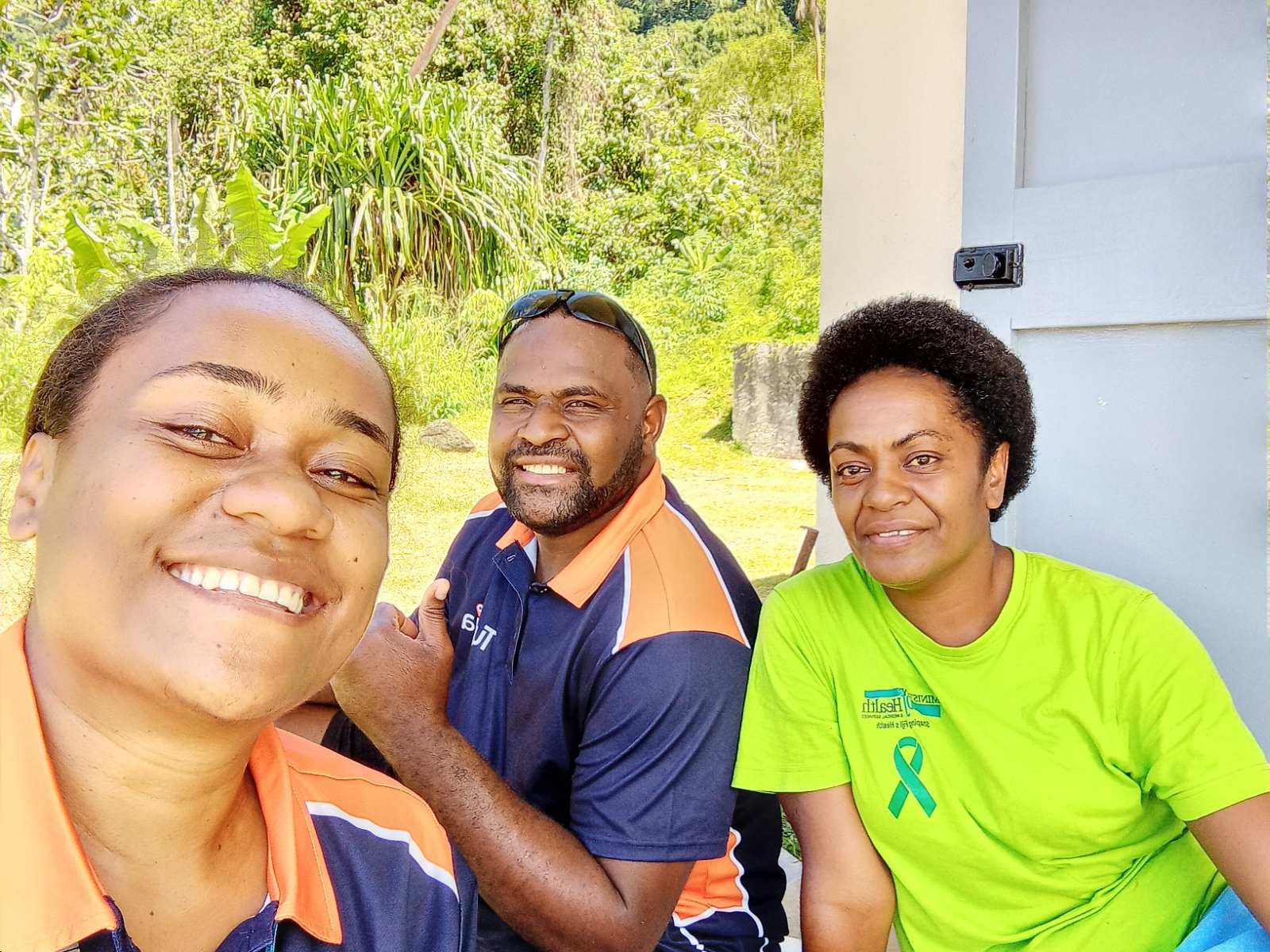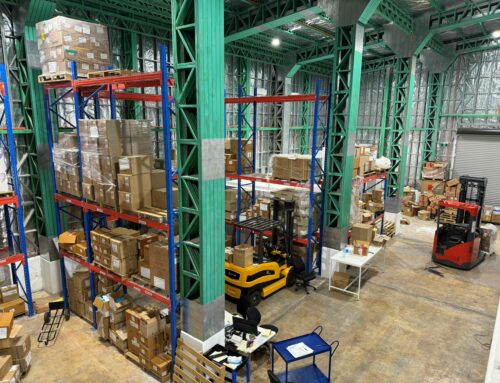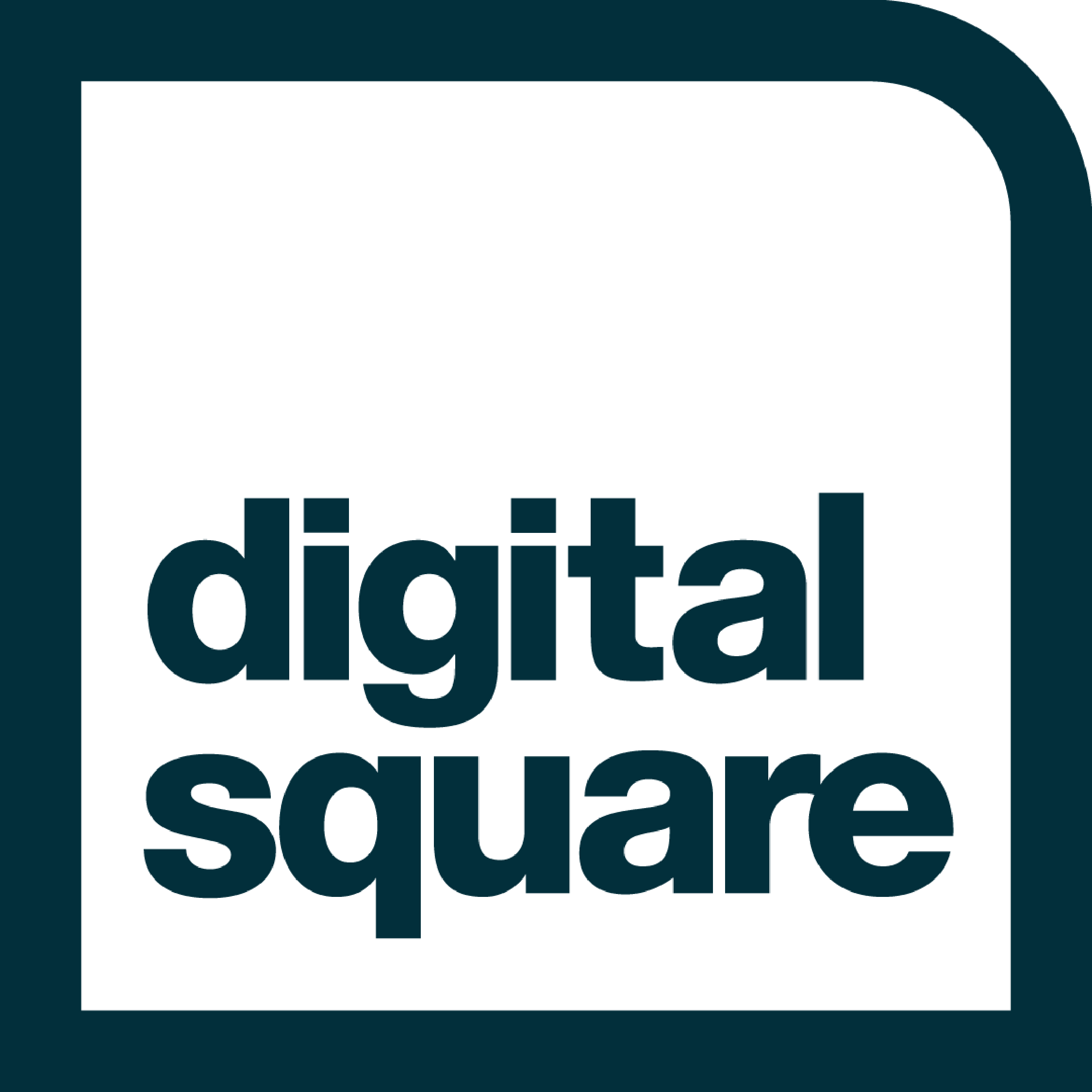Health staff in Fiji are benefiting from a novel new project with the support of the Fiji MHMS, DFAT and the TetraTech Health Program Support Facility.
What happens to all the data collected in Tupaia MediTrak about basic health facility infrastructure? Information on areas including water availability, electricity, and and hygiene services? With the support of Australia’s Department of Foreign Affairs and Trade, and TetraTech International, BES has been working with the Fiji MHMS on a novel, data-based approach to implement infrastructure repairs at the 20 highest-need health facilities in the country.
How were these facilities identified? The work is part of the national health supply chain reform project, which started with a national Tupaia survey. BES are working with MHMS and the Fiji Pharmaceutical and Biomedical Service (FPBS) to improve the supply chain for the national health system and as part of that work, identifying, locating, and gaining baseline data from all facilities was identified as an early priority.
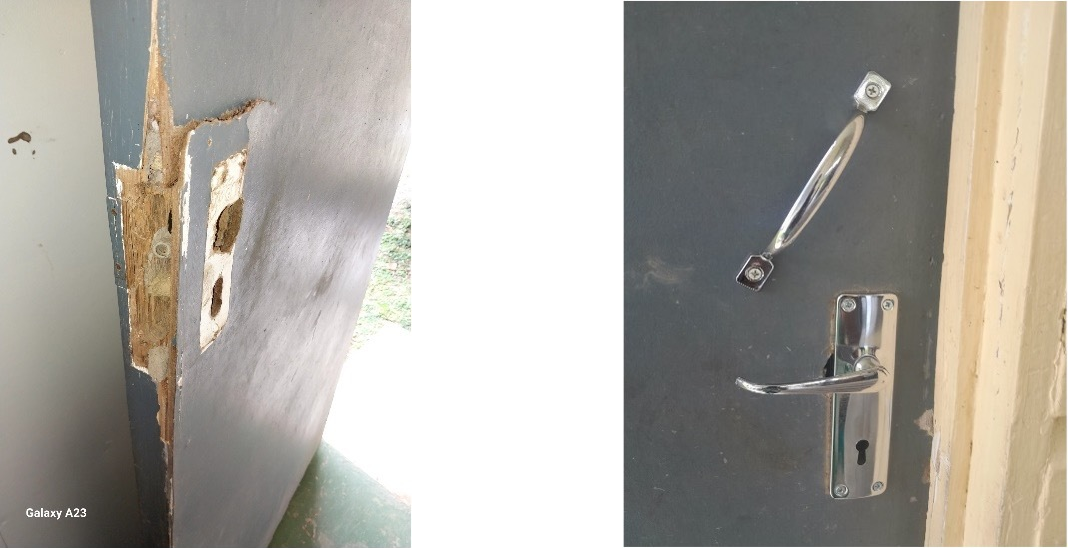
Vunivutu door locks: before and after
MHMS staff, with the support of BES Project Managers, fanned out across the country in 2022, touring to nearly every health facility in the country to collect invaluable information in a structured, standardised way using Tupaia MediTrak. MediTrak is a free, open-source health data collection app designed specifically for remote settings in the Indo-Pacific region. Data can be collected offline against any entity – fridges, clinics, houses, communities, water sources etc – and aggregated using Tupaia’s powerful data platform. During the initial data collection round, staff built a snapshot of medicines availability across all facilities but in addition looked at issues such as basic medical equipment, staff training needs, shelving and storage infrastructure, water supply, physical access and WASH facilities.
With every facility in Fiji comprehensively assessed, BES and MHMS used Tupaia to identify the twenty lowest performing facilities across the country. These 20 facilities were then targeted for low-cost but high-impact repairs, maintenance, and training activities to help improve the average performance of all facilities in the country. BES staff coordinate the follow-up maintenance visits to these 20 facilities, whilst MHMS staff lead on the ground and help guide the activities most important to improving patient experiences. The work has also been delivered through a gender and disability lens, highlighting gaps in areas such as wheelchair accessibility, menstrual care facilities, and safe working environments for female staff at night.
This follow-up mechanism ensures that data collected in surveys is actioned, resulting in tangible improvements to Fiji’s basic health facility infrastructure. The data-led approach ensures efficiency – with a limited bucket of resources, focusing on the facilities in most need is imperative, as well as knowing exactly what is required in each of those facilities, rather than trying to implement a one-size-fits-all approach.
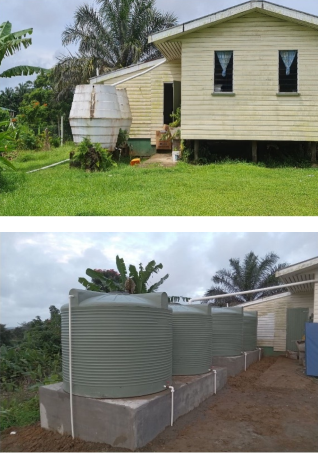
Lomaivuna water tanks: before and after
At Moce Nursing Station, a remote facility in Fiji’s Eastern Division, the program has recently enabled:
- Installation of solar panels, meaning the facility can now provide patient care at night, which was not previously possible. They can now also use electronic equipment, including the concentrator and nebuliser machine, and charge their mSupply tablet to place orders for essential medicines and medical supplies to FPBS.
- Water pipe repair, resulting in restoration of water supply to the facility, and repair of two toilets for patients.
- Repair of the facility door and lock replacement, improving security.
“Now I don’t have to worry about trespassers entering the station after hours,” said the nurse at Moce Nursing Station. “I’m very thankful to [the] Tupaia project for all that’s being done for Moce Nursing Station. It has made my work easier and enabled me to carry out my nursing duties. Also, the people of Moce are very happy with the maintenance done as they have also benefit[ed] from it… I have 2 patients admitted at the moment, and it’s good to see them using the toilets in the station instead of walking to my quarters to use the washroom.”
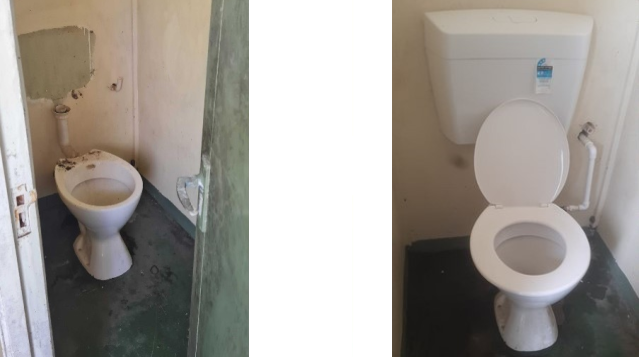
Moce toilets: before and after
Other facilities that have benefited from the project include Kabara Health Centre, Naduri Health Centre, Navakaka Nursing Station Savusavu Health Centre, Vunivutu Nursing Station, Rakiraki Health Centre, and more.
BES is currently working with the Fiji MHMS to plan the next round of national surveys this year, when staff will visit every health facility in the country with MHMS staff to assess infrastructure, supply chain, and basic clinic services – and begin the cycle of data for action again!

